This article is part of The D.C. Brief, TIME’s politics newsletter. Sign up here to get stories like this sent to your inbox.
DETROIT—Donald Trump does not apologize. Ever. It’s actually a point of great pride for him.
But his return to Michigan on Friday showed that, at least briefly, he understood he had stepped in it last week in a city that could dictate the fate of this state’s 15 electoral votes. Or he was at least willing to feign something approaching contrition for insulting Detroit during a visit at the Detroit Economic Club and clarify his position. With Trump, one can never really tell the intensity of the performance art.
On stage Friday evening, with “Make Detroit Great Again” on the screen, Trump said the city’s problems were failures made on Democrats’ watch. “Your beautiful place, your beautiful city” was “decimated as if by a foreign army.” It was a heaping dose of victimhood with a promise of redemption
“I will put Detroit first. I will put Michigan first. I will put America first,” he said.
It was something of an about face after last week, when Trump warned of Vice President Kamala Harris, “Our whole country will end up being like Detroit if she’s your President. You’re going to have a mess on your hands." It was akin to going to Orlando and saying Mickey Mouse is a Commie.
The crowd's acceptance of Trump's Detroit-on-the-rise spin was consistent with their collective amnesia or indifference to his logical inconsistencies throughout the evening. Breaths after promising to kill any electric-vehicle mandates, he praised Tesla chief Elon Musk. His contradictions on tariffs were as manifest as ever. Trump’s complex and inconsistent worldview didn’t seem to shake the thrawl he had over his event at a downtown event space whose history also included figure skater Tonya Harding kneecapping rival Nancy Kerrigan on the way to the 1994 Olympics.
(That is, of course, when the ex-President’s microphone didn’t cut out. For that long stretch, the candidate paced the stage as “Technical Difficulties, Complicated Business” was projected on the screens. Trump joked he would again stiff the contractor for a botched job. “This is the worst mic that I’ve ever had.” In a city of unionized workers, it was a joke that might not get everyone laughing.)
Trump’s walkback of an inelegant remark came after days of Harris’ campaign making it central to their case against Michigan voters even considering Trump as a contender. It seemed as out-of-character as rarely pragmatic.
Nothing about the original snipe was surprising or subtle. The ex-President has always turned to mean-spirit and spite to make his points. A bully to the core, there are few reasons to think he would finally ditch the schtick in the march toward what is widely understood to be his last campaign. Even when courting the vote in Detroit last week, he found a way to insult it while sitting in its belly.
But the faux contrition was a bit of a shock. There were few tangible consequences for the original dig. Trump stood at 47% support in Michigan in the rolling average of Michigan polls from FiveThirtyEight when he leveled the insult. By the time he took the stage a week later in Detroit—a city with a history of being defensive and defiant—he held the same position in the polls.
Yet Trump is far from guaranteed a winning map in just a few weeks. Michigan could break apart the Democrats’ critical Blue Wall, which is why both campaigns have had so many events and rallies booked there in recent weeks and have more on deck in the coming days. Clearly, internal discussions suggested the insult of Detroit was less of a snuffed candle than a simmering risk too bright to ignore.
Before the boss spoke, Trump policy adviser Stephen Miller drew roars when he promised a plan to make Detroit the “economic center of the world,” as if the opposite hadn’t been suggested just days earlier. It was a signal that Trump’s feathering was not a deviation from the script but a change to it. In his remarks, Trump peppered rare notes of optimism even as his dark rhetoric on other topics showed no sign of softening.
“A vote for Trump you will see a mass exodus of manufacturing jobs from Mexico to Michigan,” he promised, citing a cryptic Chinese manufacturing operation that might move north if Trump wins next month.
Maybe Trump could have weathered the critique for last week’s comment, at least when his tech is agreeable. Historically, when he screws up, he just amplies Harris’ corresponding—if unequal—perceived flaws. Trump successfully zigzagged his way through the thorny 2016 primary like a teflon-coated sheet. He drew every piece of good luck in Hillary Clinton’s misfortunes. And he didn’t even deign to acknowledge his primary opponents in 2024, instead hurling invectives from afar when any dared inch closer. And, despite a surge for Harris after she replaced Joe Biden atop the ticket, the race has remained stable, and tied.
A stable race was fine in the summer. When crowds start to arrive with hefty jackets, stable no longer works.
“I’ve been reading about Detroit for so long, the comeback,” Trump said Friday night to a crowd, much of which had been on its feet for hours and had grown visibly restless even before he had arrived. “This is the real comeback.”
Trump was ostensibly talking about the economy, but it was entirely reasonable to project his own polling into that optimism.
Make sense of what matters in Washington. Sign up for the D.C. Brief newsletter.

 2 settimane fa
6
2 settimane fa
6
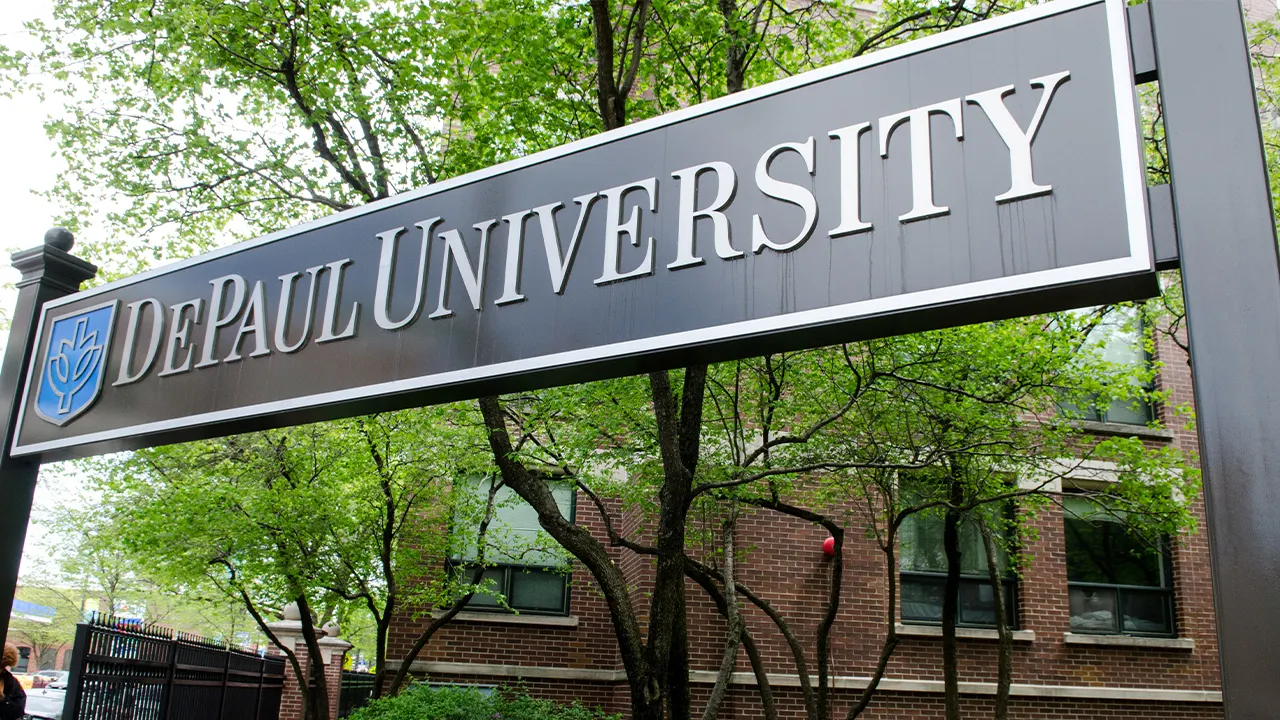

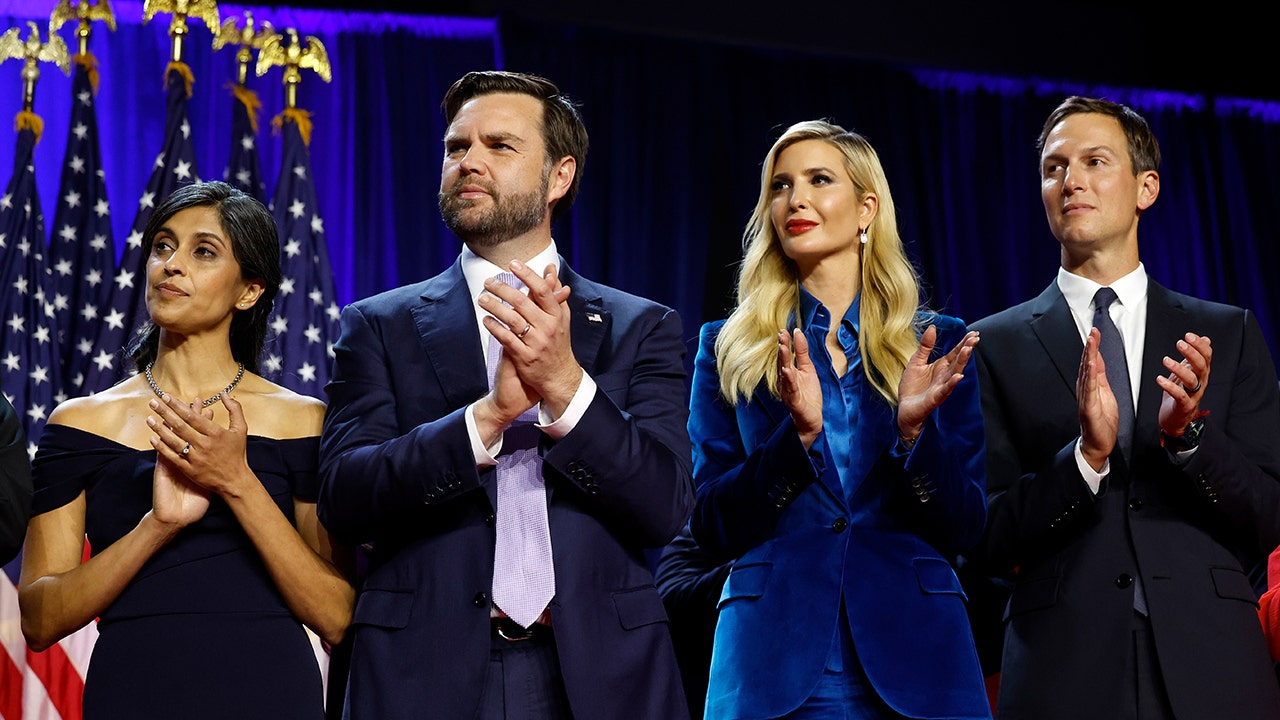



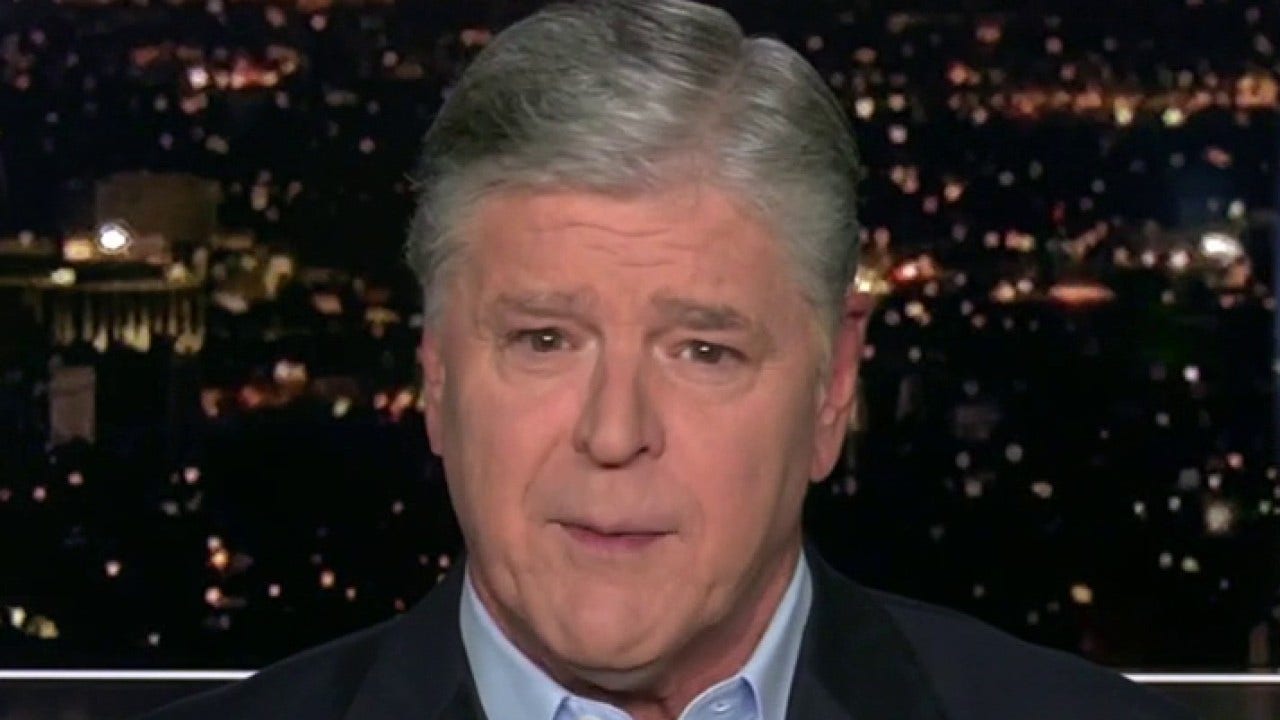
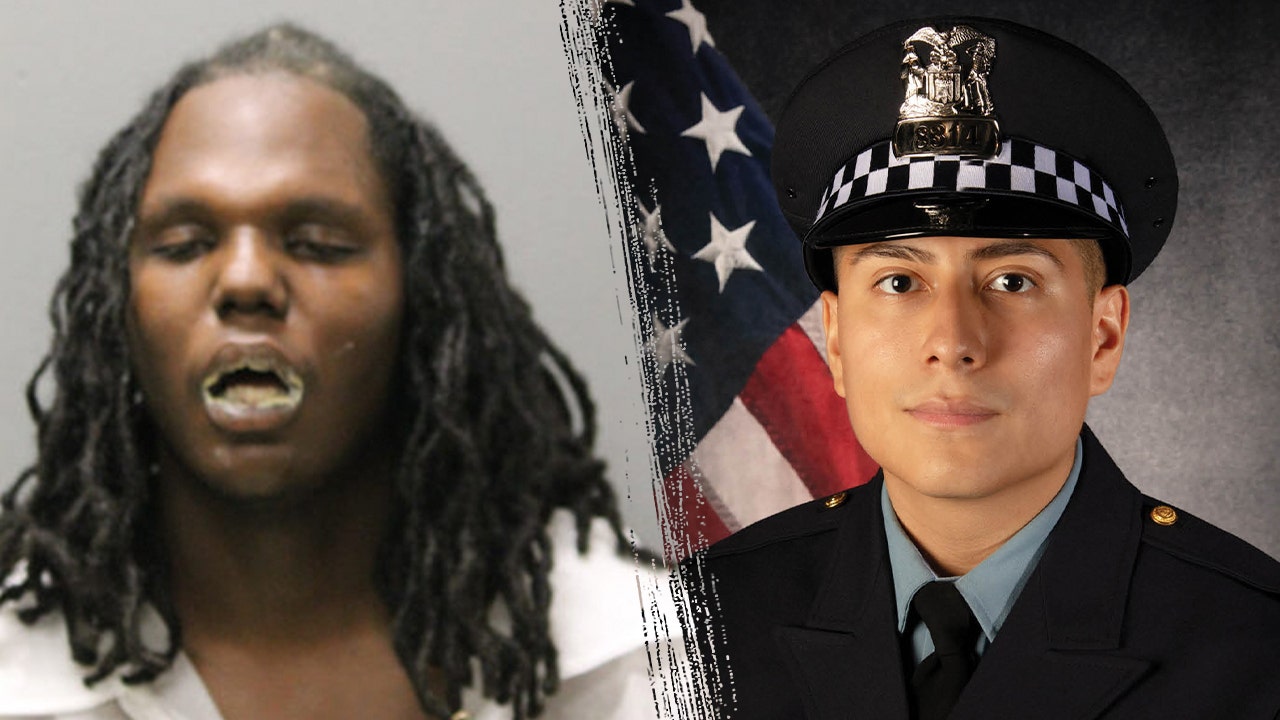


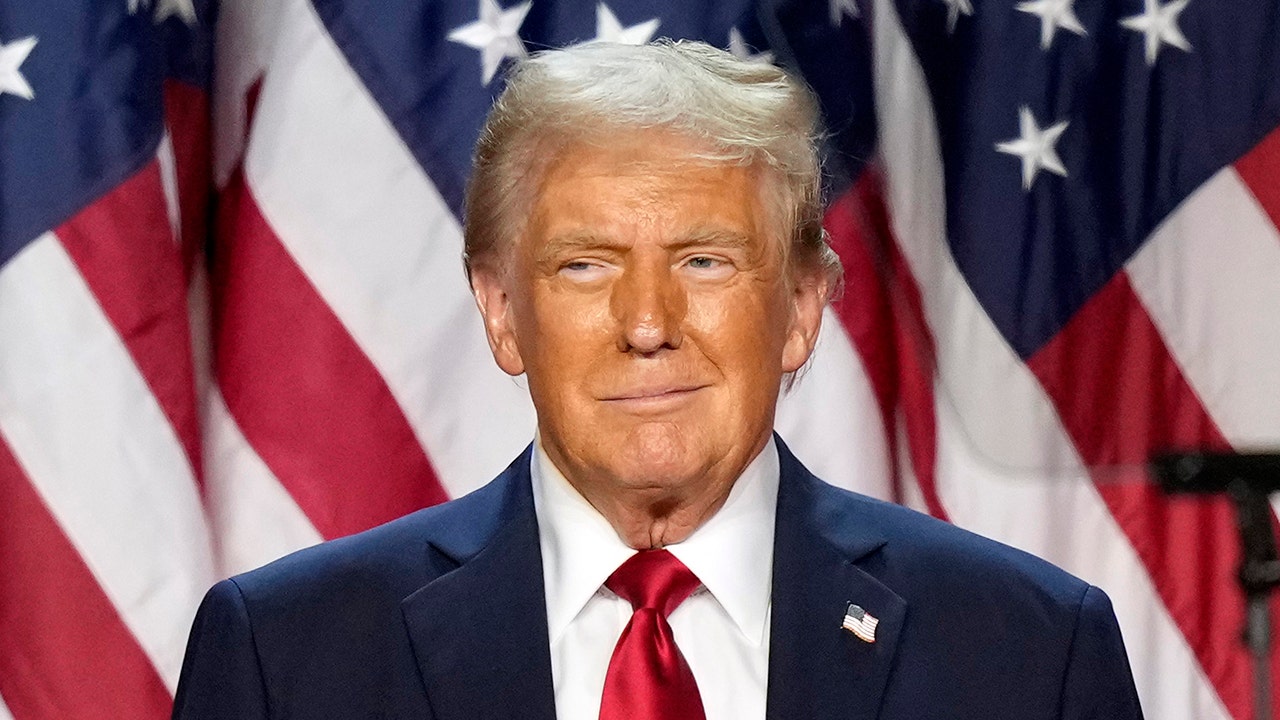
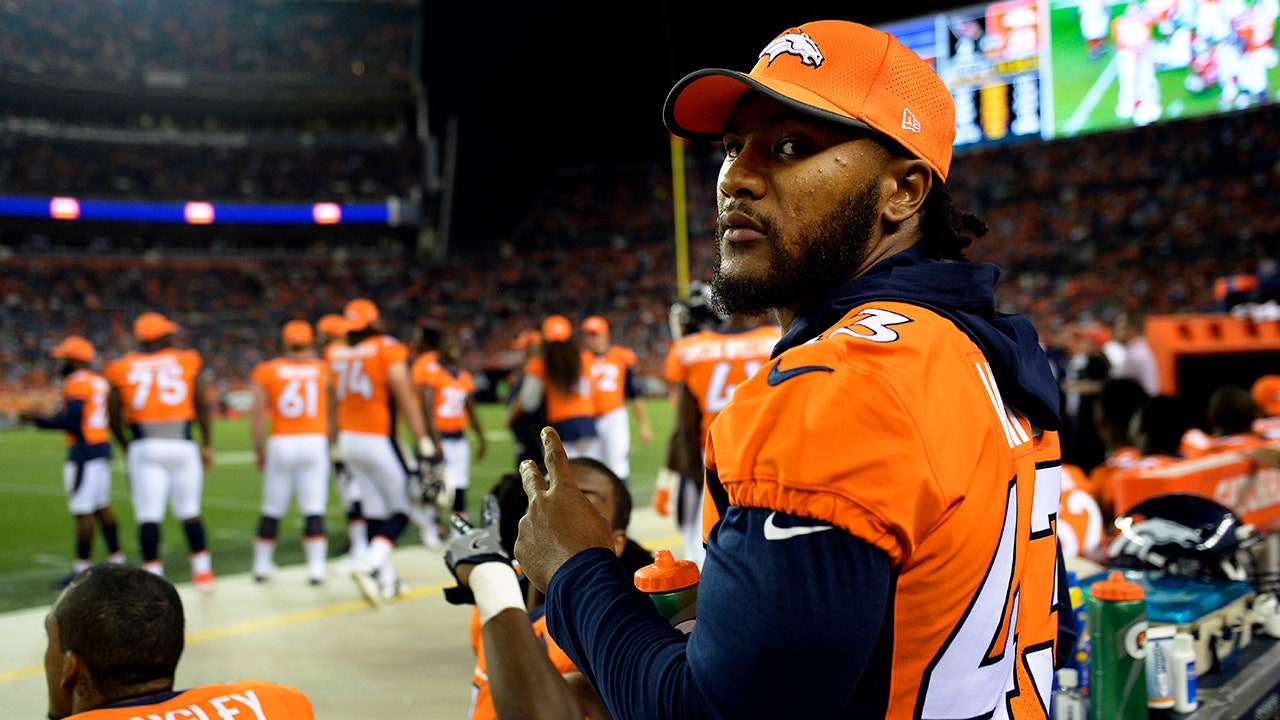



 English (US) ·
English (US) ·